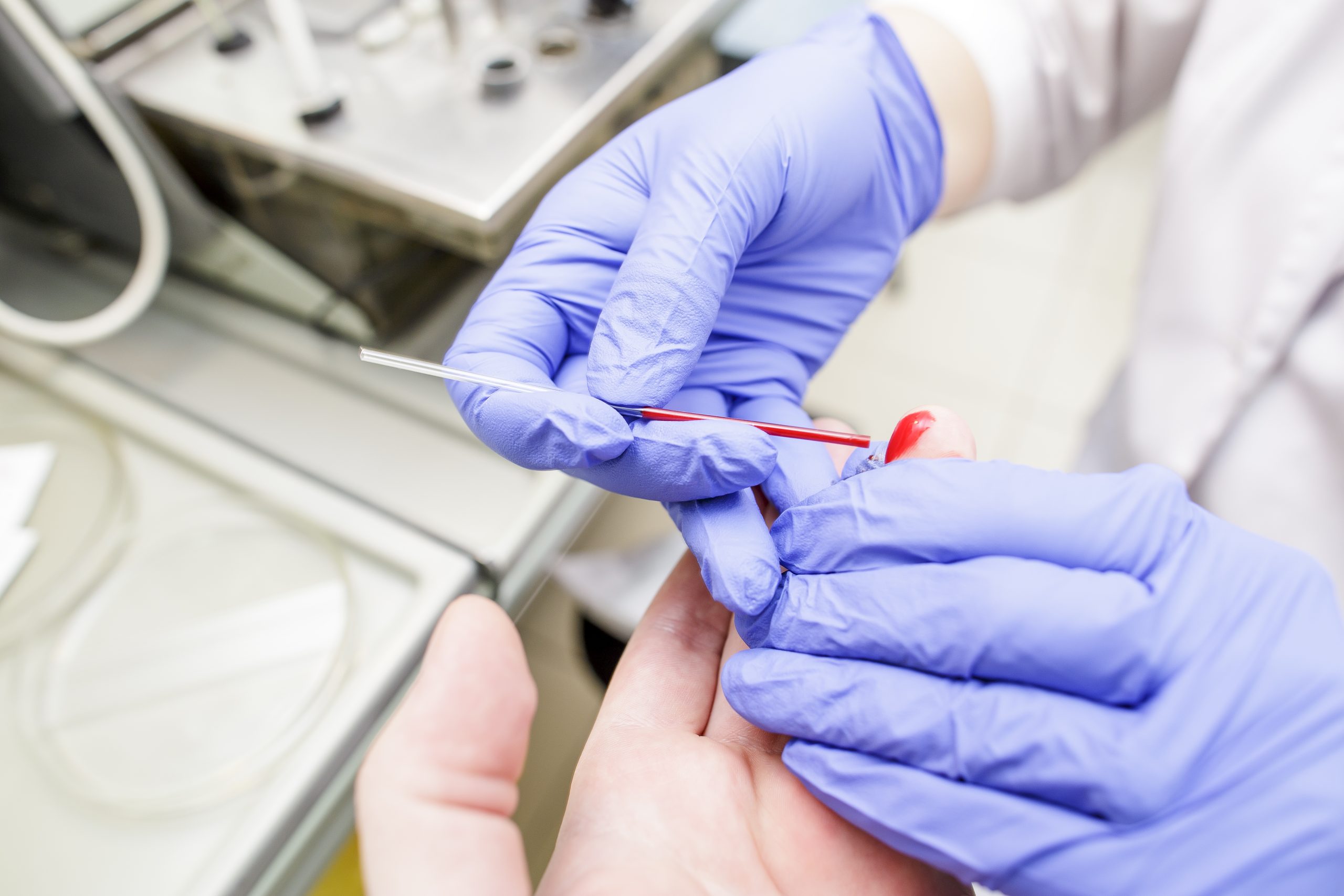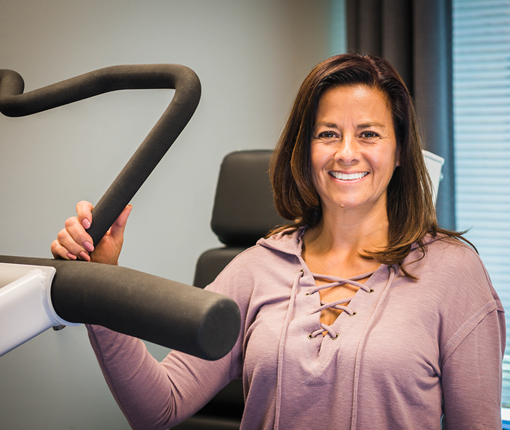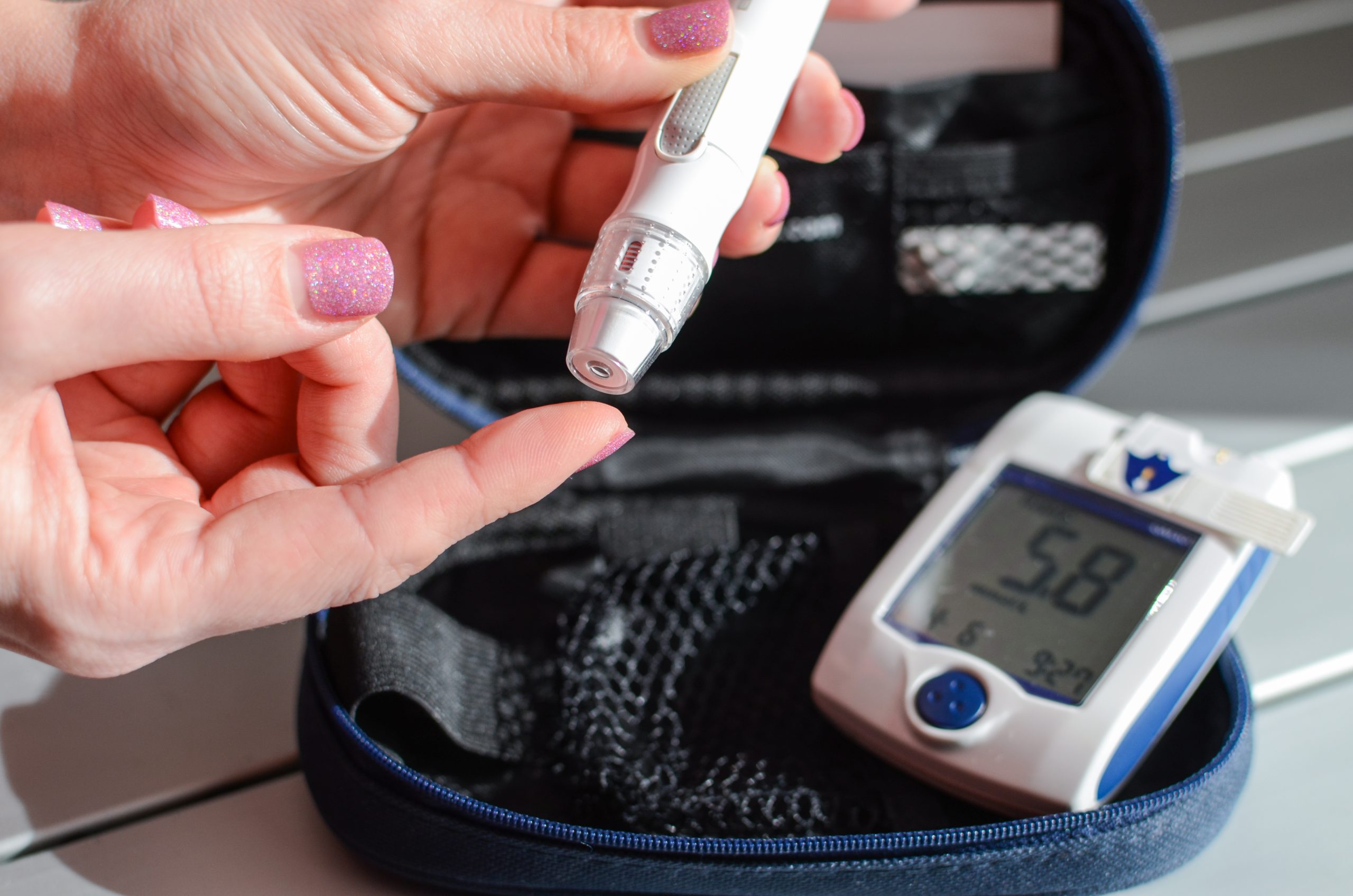What is the A1c test for diabetes?
The A1c is a blood test, conducted in a lab, that shows average blood sugar levels over the previous 3 months prior to the blood draw. The normal range for people who don’t have diabetes on an A1c is between 4 percent and 5.7 percent. An A1c of 5.7 to 6.4 percent indicates pre-diabetes. If A1c is 6.5 percent or higher it indicates diabetes. The higher the A1c number, the higher the chance of having long-term health problems caused by consistently high blood sugar levels. Leveraging traditional forms of exercise, A1c and Cardiac Risk Profile values effectively change and improve when someone exercises for 40-60 minutes per day, 3 to 4 times per week.

Why bioDensity?
Exercise has a proven, positive effect on reducing glucose in the blood along with a multitude of other health benefits. Engaging in exercise has an insulin like consequence, regardless of how insulin resistant the person is, because the effect is from inside-out of the muscle cells. Yet, one of the biggest challenges in healthcare is to get people to exercise 40-60 minutes per day, 3 to 4 times per week. bioDensity has the power to change all that, making it a great fit for those who are at risk of/being treated for Type 2 Diabetes.
A multi-center study has demonstrated significant changes in A1c levels can be obtained when subjects exercised just one day a week for 5 – 10 minutes with bioDensity within 12 to 24 weeks. Read about it, and other studies, here.
Those who are physically unable to participate in traditional forms of resistance exercise due to mobility issues, excessive weight or being unable to lift conventional weights, and those who are more comfortable in a clinical environment or small studio rather than a commercial fitness center will benefit greatly from the bioDensity protocols.


